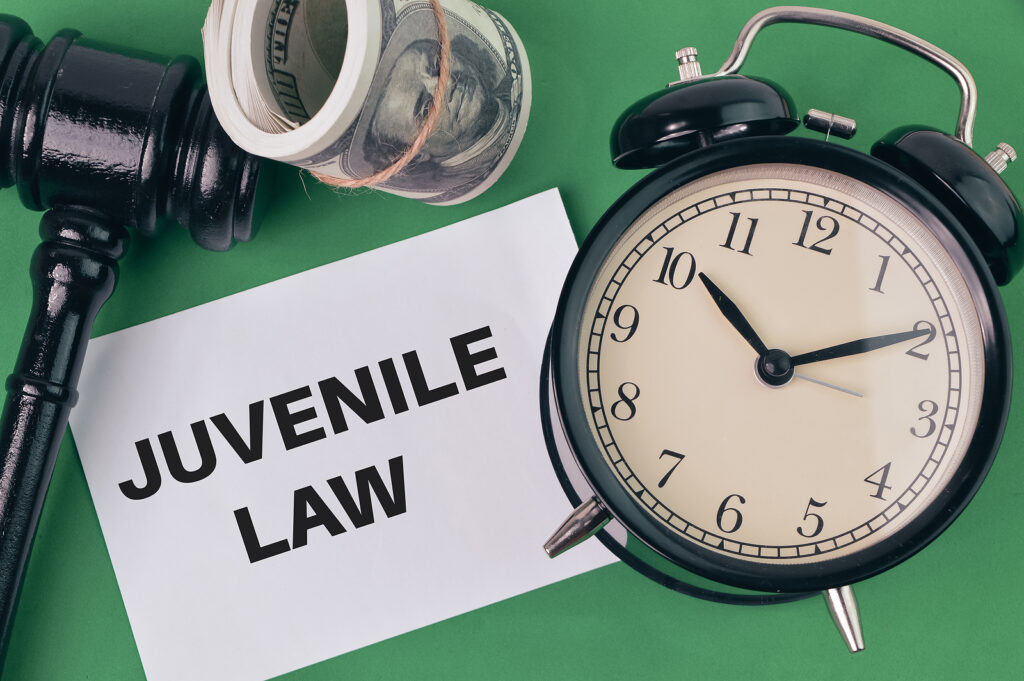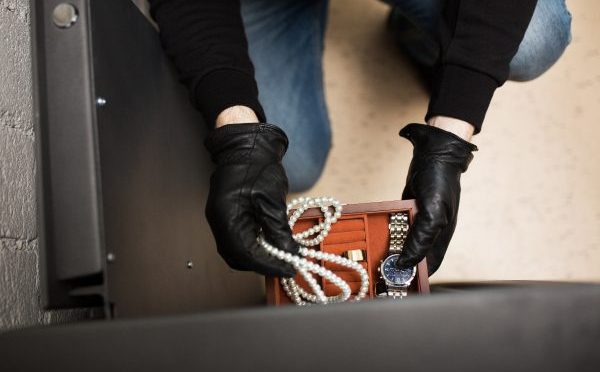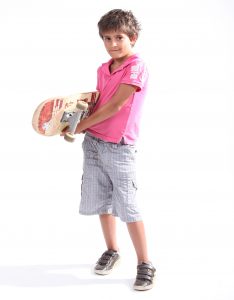Bullying has been a pressing issue for years, with its impact taking a significant emotional and mental toll on both victims and their families. For teenagers in Indiana, where bullying incidents are on the rise, the behavior carries not just social and educational consequences but potentially legal ones as well. This post will explore whether a teenager can be arrested for bullying in Indiana, what the laws say, the possible consequences, and how parents, educators, and teens can work to prevent such incidents.

What Qualifies as Bullying in Indiana?
Indiana law defines bullying as overt, unwanted, repeated acts or gestures, including verbal, physical, or written communications, as well as images transmitted electronically (cyberbullying). The behavior must:
- Be reasonably perceived as intimidating, hostile, or offensive.
- Harm a student, damage their property, or substantially interfere with their education.
- Create a threatening or disruptive educational environment.
Bullying in Indiana is taken seriously, especially in the digital era, where cyberbullying amplifies its reach and impact.
Indiana Laws on Bullying
Indiana has specific statutes addressing bullying behavior. Schools are required to develop and enforce anti-bullying policies, ensuring a safe environment for all students. However, certain instances of bullying cross the line from school discipline matters into legal territory.
When Does Bullying Become a Crime?
Although “bullying” itself isn’t explicitly classified as a crime under Indiana law, behaviors like intimidation, threats, and harassment that fall under the broader scope of bullying can lead to criminal charges. Below are common offenses stemming from bullying incidents:
- Intimidation (Indiana Code § 35-45-2-1): Occurs when a person communicates a threat with intent to force someone into action or inaction.
- Harassment (Indiana Code § 35-45-10-1): Includes repeated, unwanted contact or communication aimed at causing harm, fear, or distress.
- Disorderly Conduct (Indiana Code § 35-45-1-3): Persistent, aggressive behavior disrupting peace or safety.
When bullying behaviors meet the criteria of these offenses, legal consequences may follow, including arrests for severe violations.
Can a Teenager Be Arrested for Bullying?
Yes, a teenager can be arrested in Indiana if the bullying behavior involves criminal acts such as violence, threats, or harassment. The severity of the bullying and its consequences typically determine whether legal action is taken.
For example:
- Physical Assault: A bully who injures another student could face charges of assault or battery.
- Cyberbullying: Sending threats or sharing harmful content online can result in charges related to harassment or intimidation.
- Property Damage: Destroying or vandalizing another student’s belongings could escalate into a criminal case.
It’s important to note that teenagers facing such charges would typically enter the juvenile justice system, which focuses more on rehabilitation than punishment. However, serious offenses may still result in significant legal repercussions.
Potential Legal Consequences for Teen Bullies
A teenager arrested for bullying may face the following legal outcomes, depending on the severity of their actions:
- Juvenile Detention – For serious crimes such as assault, teens may be placed in juvenile detention facilities, where the focus is on correctional education and behavioral reform.
- Fines or Restitution – Families may be held financially responsible for damages caused by their child.
- Probation – Teenagers may receive probation terms, which include conditions such as regular check-ins with parole officers and mandatory counseling.
- Community Service – Courts may impose community service requirements as a form of restitution.
- Educational Measures – Specific programs, such as anger management or anti-bullying workshops, may be mandated to educate and rehabilitate the offender.
The goal of these consequences is to curb problematic behavior while helping teens understand the impact of their actions.
Request Information About Juvenile Criminal Defense
How Parents, Teens, and Educators Can Prevent Bullying
Prevention is always better than punitive action. Establishing a culture of empathy, communication, and accountability can drastically reduce bullying incidents.
Tips for Parents
- Stay Engaged – Have open conversations with your child about their social interactions and online activities. Encourage honesty and offer support if they experience or witness bullying.
- Understand Legal Responsibilities – Know that parents or guardians can sometimes face liability for negligence if their child’s bullying harms others. Stay proactive in addressing any concerning behaviors.
Advice for Teenagers
- Be Mindful of Actions Online and Offline – Understand that hurtful words or actions can have real consequences. If accused of bullying, seek guidance from a trusted adult or legal advisor.
- Stand Against Bullying – If you witness bullying, being an “upstander” by reporting incidents can make a significant difference.
Guidance for Educators
- Enforce Anti-Bullying Policies – Schools should create and consistently implement a safe environment for all students. Clear rules and consequences for bullying must be communicated.
- Provide Training and Resources – Educators should receive training to identify and handle bullying situations effectively.
Resources for Help and Support
- Indiana Department of Education: Offers guidelines and tools for bullying prevention.
- StopBullying.gov: Provides information on identifying, stopping, and responding to bullying, including cyberbullying.
- The Cybersmile Foundation: Dedicated to supporting victims of cyberbullying.
- National Suicide Prevention Lifeline: Confidential support for individuals experiencing emotional distress related to bullying (Call 988).
- Indiana Youth Services Association: Access local support services for youth and families.
RECAP: Addressing Bullying Is Everyone’s Responsibility
Bullying is more than just a disagreement between peers. It has long-lasting effects on victims, witnesses, and communities. Indiana law reflects the seriousness of this behavior, holding individuals accountable when bullying escalates into criminal acts.
Navigating the legal implications of bullying can be intimidating. If your child has been accused of or affected by bullying, it is crucial to seek expert guidance. Contact a legal expert today to protect your child’s rights and explore proactive solutions.
If your child is facing accusations of juvenile delinquency in Indianapolis, acting quickly and decisively is essential. Reach out to Attorney David E. Lewis at 317-636-7514 to secure the guidance and advocacy your family needs during this challenging time. Don’t leave your child’s future to chance—get the help they deserve now.
Related Post: Navigating Juvenile Court in Indiana as a Parent of a Teenager










